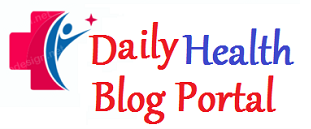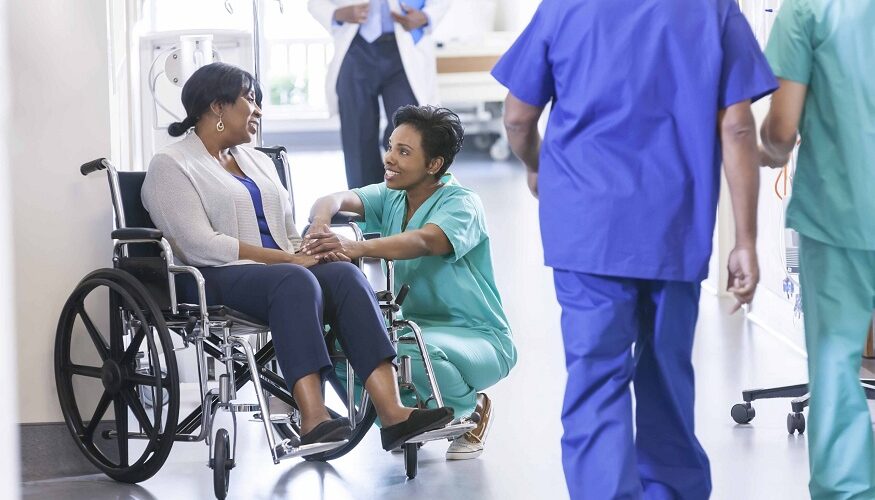The healthcare system faces a variety of challenges, one of the most pressing being the need for improved communication between physicians and patients. Enhancing these communication strategies can lead to better patient outcomes and a more satisfying healthcare experience overall.
A major barrier to effective communication is the issue of low health literacy. Many patients struggle to understand complex medical terminology or instructions, whether shared verbally or in writing. This can limit their ability to follow through with self-care and can ultimately harm their health.
To overcome these challenges, physicians should work to establish strong, trusting relationships with their patients. Simple gestures like making eye contact and ensuring that patients are comfortable can help build trust early on. Listening actively and responding empathetically ensures that patients feel heard and understood, making them more likely to engage in meaningful communication. Though this process requires time and effort, it is essential for providing the highest level of care.
Clear, simple explanations of medical information and attention to non-verbal communication are critical. Asking patients to explain back what they’ve learned can further ensure that instructions are well understood. These practices create a foundation for better collaboration between patients and physicians.
On a broader scale, providing more time for consultations can be instrumental in reducing communication barriers, even in the face of staffing shortages. Regular check-ins also reinforce the importance of ongoing care and the patient’s role in their health journey.
For more on how improved communication can transform patient care, explore the resource linked to this article.
The Importance Of Physician-Patient Communication was contributed by Endicott Call Center, a provider of inbound call center outsourcing


